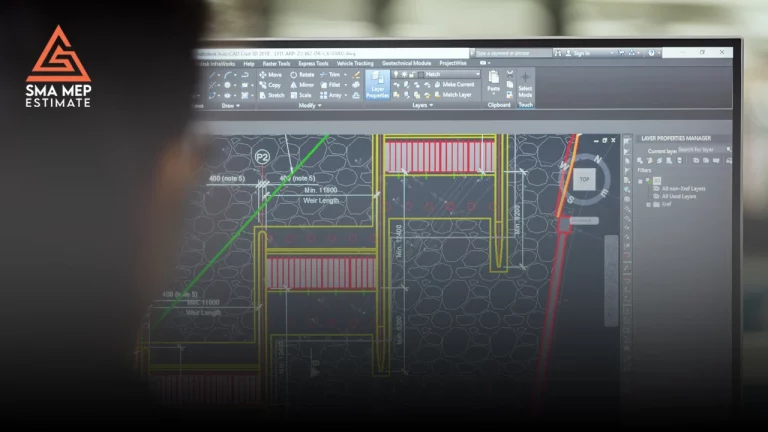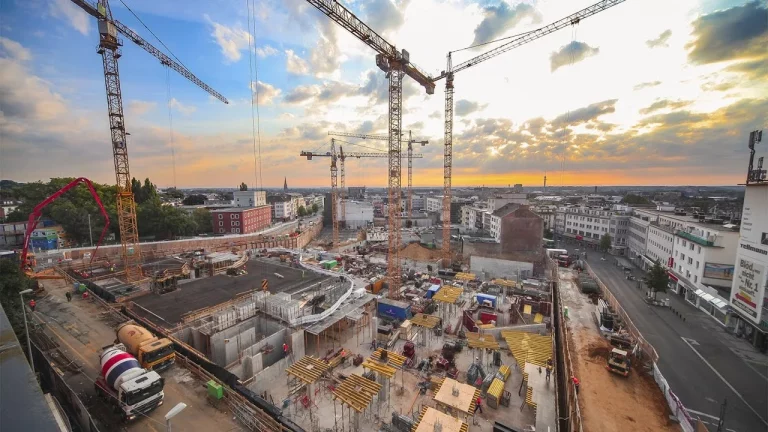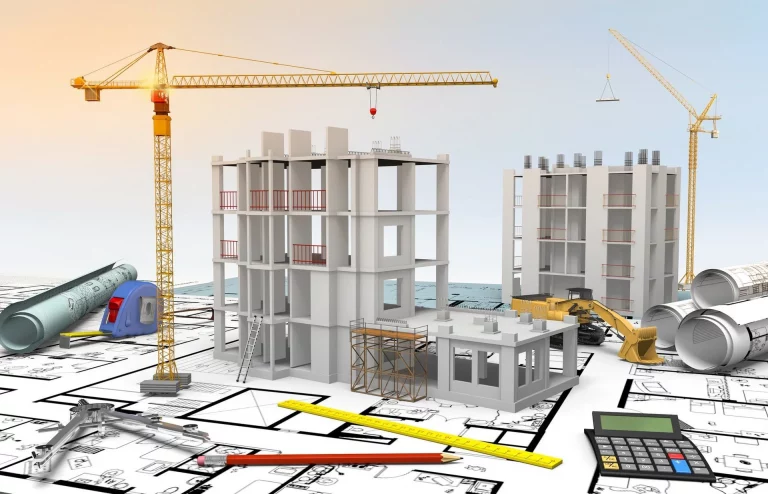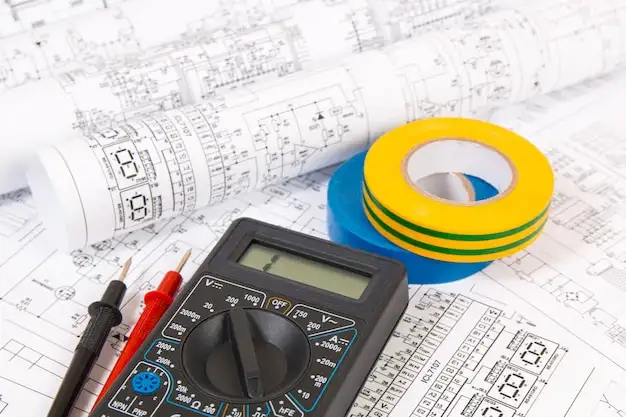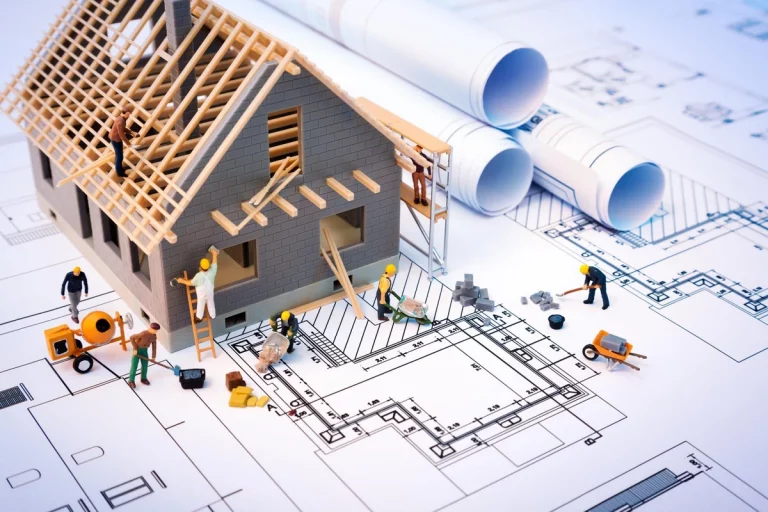How to Optimize Your Project Bids with Accurate Estimation and Tendering
Estimation and Tendering go hand in hand as one elevates the other. The main role of any construction business is to win tenders with their accurate and efficient estimations. It enables contractors to acquire and retain long-term clients, enhancing their portfolio and boosting their business as well.
OPTIMISE YOUR PROJECT’S BID WITH ACCURATE AND RELIABLE ESTIMATES, BOOSTING THE CHANCES OF WINNING AND SECURING MORE CONTRACTS. STRATEGIZE EFFICIENTLY AND TAKE YOUR BIDS TO THE NEXT LEVEL.
Why Accurate Estimation is Essential in Project Bidding?
To create a precise project bid, an expert must be thorough in the estimation process. No stone should be left unturned. It is no doubt a hectic and stressful process. Which is why most contractors choose to outsource bid estimation. Precise Estimating Services provide bidding assistance to clients which mainly includes contractors and subcontractors by creating an accurate budget. Accuracy is the bare minimum requirement for winning bids.
- Accurate estimations prevent over or under bidding.
- It provides you with a competitive edge in the bidding process.
- It gives control over cost and budget.
- It enables a professional to plan strategies more efficiently.
- It optimises how resources are allocated.
- It presents a credible image in front of other experts.
- It helps in the identification and mitigation of risks.
- Valuable time is saved as more time means more finance.
- Minimises human errors and mistakes
- It helps in dealing with price variations in materials and their shortages.
- Through accurate estimation an expert can anticipate material wastage.
How to Shape an Efficient Construction Tendering?
In the Estimation and Tendering process, tendering mainly consists of five stages which are as follows:
Stage 1 – Tender Application
This stage involves a client inviting a contractor to submit their bids for a project. This medium of invitation can be in several forms such as:
- Invitation for Bid (IFB)
- Request for Quote (RFQ)
- Request for Proposal (RFQ)
It is important to note that for government bids an open invitation of tender is issued. On the other hand, for private residential or commercial bids, the process is more selective and scrutinised. For instance, a contractor’s qualifications and past portfolio may be demanded by a client. This application covers the following elements:
- Project specifications
- Requirements of a project
- Type of contract
- Delivery approach of the project
Stage 2 – A Contractor’s Survey
The next step in the tendering process is performing a site visit and assessing the scope of a project. Are you required to assess the Cost to Build a Commercial Building? Or is it a small-scale residential project? Everything should be clear to you.
In addition to that, any possible issues and limitations that will hinder the process of project productivity. If the project is not aligning with your strengths then do not take up the project.
Step 3 – Tender Preparation
Tender preparation is one of the crucial steps in the tendering process. This process may include the following:
- Cost Estimates
- Project duration and schedule
- Construction methods
In this stage, contractors start to work on their bids and they invite subcontractors as well. They will assess all the relevant project documents and also prepare bids of their own. If they are unclear about any specific point in the documentation then they will submit their queries to the general contractors.
Step 4 – Finalising the Tender
In the process of Estimation and Tendering, finalising a tender is an important step. Once all the project requirements are outlined, a comprehensive Tender is created which mentions what approach will be adopted to execute the project and describes our strengths and the credibility of contractors as well as subcontractors.
In this stage, a Request for Qualification (RFQ) is issued for potential subcontractors. This will strengthen the tender as well as ensure that the best individuals are selected to work on the project.
Stage 5 – Tender Submission
The final step in the process of Estimation and Tendering is the submission of a tender to the project owner. It must be in detail, professional and organised as this document is representing you.
It should involve the following:
- Relevant information
- Strengths and highlighting points
- Previous projects
- Planning strategies
- Other clients testimonials
Stage 6 – Use of Software
It is certain that in any project bidding it is essential to attain accurate estimations. How can you make your estimation process more efficient? Well, professionals must utilise all necessary tools such as advanced softwares which makes the estimation process more seamless and precise. Below is the list of the most prominent softwares in the construction industry that aids in project estimation:
- PlanSwift
- Bluebeam
- Xactimate
- STACK
- Trimble
- On Screen Takeoff
- ConEst
- FastDuct
- FastPipe
- McCormick Systems
- RS Means
Some software is specifically made for a singular purpose. For example, Electrical Estimating Services NYC are making use of Trimble, Con Est and McCormick System. Similarly, the best software for the mechanical system is FastDuct and FastPipe. So you should have a good grip on cost-estimating software.
OUTSOURCE YOUR ESTIMATIONS TO A TRUSTED COST ESTIMATOR AND RECEIVE AN ACCURATE ESTIMATE WITHOUT LIFTING A FINGER!
Final Verdict
Mastering estimation and the tendering process is not a difficult task. Optimization in both can be achieved if proper planning and approach are adopted. Precision in estimation can be easily acquired by Incorporating advanced softwares in the process. Furthermore, in tendering it is important for a contractor to highlight their experience, showcase their skills, make sure to provide efficient and cost-effective services and use all the necessary and relevant tools to make a project bid streamlined, organised and proficient. This article explains why Accurate Estimates are important in an extensive process of Tendering and what to follow to ensure that your project bid gets selected.


